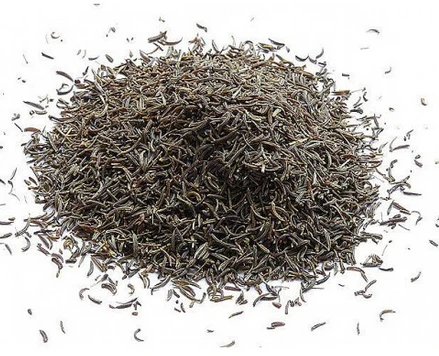Black Cumin | Zeera Siyaa, Kala Zeera, Kala Jeera |
Black cumin can refer to two different seeds, but most commonly it means Nigella sativa (kalonji), which is also called black seed—you asked about this earlier. However, it can also refer to Bunium bulbocastanum, a different plant used in some Middle Eastern and Mediterranean regions. Here’s a clear summary focused on the most common one—Nigella sativa (black cumin/black seed/kalonji):
🌿 Black Cumin (Nigella sativa) Overview
🧬 Nutritional Value (per 100g of seeds)
(Remember: Used in small doses, like spices)
-
Calories: ~345 kcal
-
Protein: ~17 g
-
Fat: ~22 g (with omega-3 & omega-6)
-
Carbs: ~44 g
-
Fiber: ~10 g
-
Vitamins: B1, B2, B3
-
Minerals: Iron, calcium, magnesium, zinc, potassium
-
Active compounds: Thymoquinone (most powerful antioxidant and anti-inflammatory agent)
₨ 220 – ₨ 4,400Price range: ₨ 220 through ₨ 4,400
16
People watching this product now!














